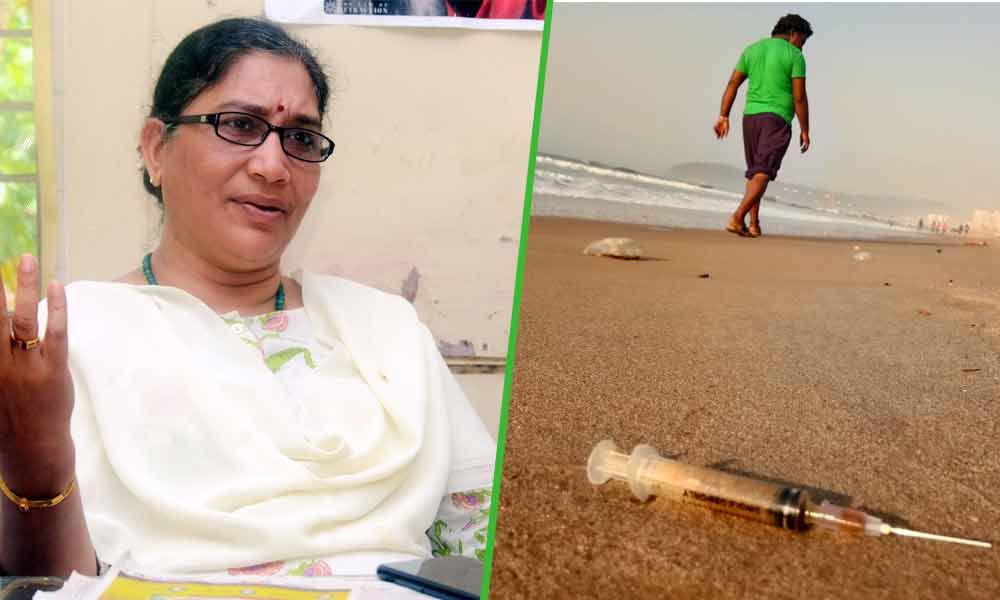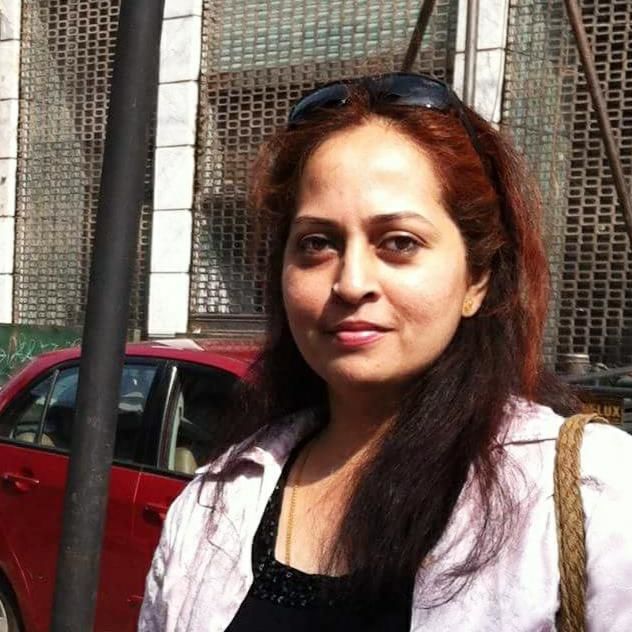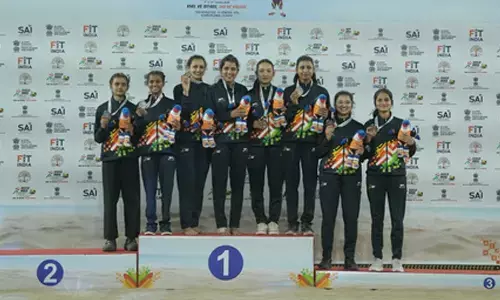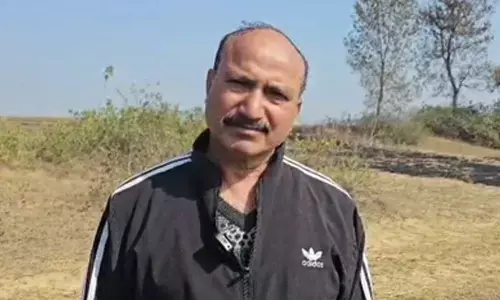Today is International Day Against Drug Abuse : Bringing addicts back on track

Chairperson of Green Valley Foundation, an integrated rehabilitation centre, in Visakhapatnam Uma Mahendra Raj recommends to say ‘no’ in the first place to alcohol or drugs as she warns that it may become difficult for the youth to part with the ecstasy-induced habit for the rest of their life
It is easy to misuse the freedom and space available, feel irresistible when someone offers with an earnest request 'give it a shot', eventually fall off the track and slip into oblivion.
Having tried once, it becomes almost next to impossible to come out of the substance abuse, a similar situation one experiences in the grip of a mire that pulls down deeper into the dark.
Be it alcohol or drugs or prescription medicine or depressants, Uma Mahendra Raj, who runs Green Valley Foundation, a de-addiction centre, and a healthcare facility in Visakhapatnam, strongly recommends to say 'no' in the first place to alcohol or drugs as she warns that it may become difficult for the youth to part with the ecstasy-induced habit for the rest of their life.
As part of the International Day against Drug Abuse and Illicit Trafficking observance on June 26, Uma says that she vowed to make a difference in the lives of children by bringing a phenomenal change in their parents' habits.
"It was a life-changing experience for me when I visited an SOS children's village. At least they have an extended family to look up to. But what about the little ones whose parents are into substance abuse and addiction?
They continue to put up with an erratic and unhealthy behaviour of their parents who have the tendency to take it off on their kids.
The level of trauma that these children go through is hard to explain," observes the psychotherapist and chairperson of the foundation, taking a break in between her counselling sessions.
Disturbed by a known person's demise due to alcoholism, Uma decided to motivate the addicts to help them quit the habit when she was pretty young.
It eventually led her to set up a rehabilitation centre after gaining practical experience working in Antara Hospital, Kolkata for a while. Smitten by the beauty of Visakhapatnam, Uma gave wings to her dream by setting up the integrated rehabilitation centre in 2005.
The centre, now located at Mithilapuri Colony, aided in recovering over 3,600 people from various addictions so far, barring a 20 percent relapses.
"Addiction is a disease which needs to be addressed at a larger level. When an addict recovers, it not only saves his family but also generations," she says with a tinge of satisfaction she derives from transforming the addicts.
Her joy is apparent when one of the staff members at the rehab centre, who was addicted to a daily dosage of Fortwin, an anaesthetic drug, serves a glass of lassi, sporting a smile.
From an OT assistant in a private hospital to a Fortwin injection addict and a thief, Nirmala has come a long way.
Today, she is not only away from her four-year-long association with the sleep-inducing medicine that she was once so fond of but also an active worker at the foundation, taking care of those arriving at the rehabilitation centre.
"Nirmala is one among several others who gave up her habit for good and also employed with us. There is a need to look into a problem at a deeper level and facilitating sustainable living to those who gave up their habit is a step towards providing a workable solution," says Uma.
She believes that if each individual could go beyond their defined roles, it would certainly bring in desired results among many addicts.
Following the Diagnostic and Statistical Manual of Mental Disorders, fifth edition (DSM-5) module, the treatment at Green Valley Foundation includes intervention, detoxification, psychological therapy followed by a tailor-made rehabilitation programme and follow up depending on the intensity of the patient's addiction.
However, finding a permanent site for the de-addiction centre happens to be a daunting exercise for Uma. She says, "A permanent structure with open space will help facilitate improved treatment with outdoor activities, vocational training and recreational exercises for the patients."
Uma says that issues such as domestic violence, child labour, family separation, spread of communicable disease, road accidents and rise in the crime rate against women and children can be controlled to a large extent if one gives up their addiction to vices as it is the root cause of several social issues.
"Some come to us saying their husbands fail to differentiate between a wife and a daughter after consuming alcohol. That's the crux of the challenge one has to deal with while handling the addicts at home," she laments.
About an increasing number of youngsters getting drawn towards drugs and alcohol, Uma adds, "Though sensitisation is the key, parents should lead by example and help children make right choices by explaining the impact of substance abuse to them.
It is a social responsibility of parents, teachers and all the stakeholders to work collectively to curb the addiction which is growing like an epidemic. Youth should learn to say a firm 'no' when their 'friends' introduce them to vices."
Along with her family, Uma says that she has been receiving tremendous support from the District Administration, health and police departments for her endeavour.















